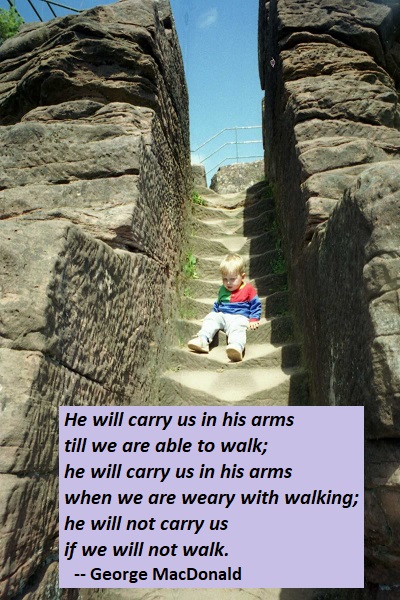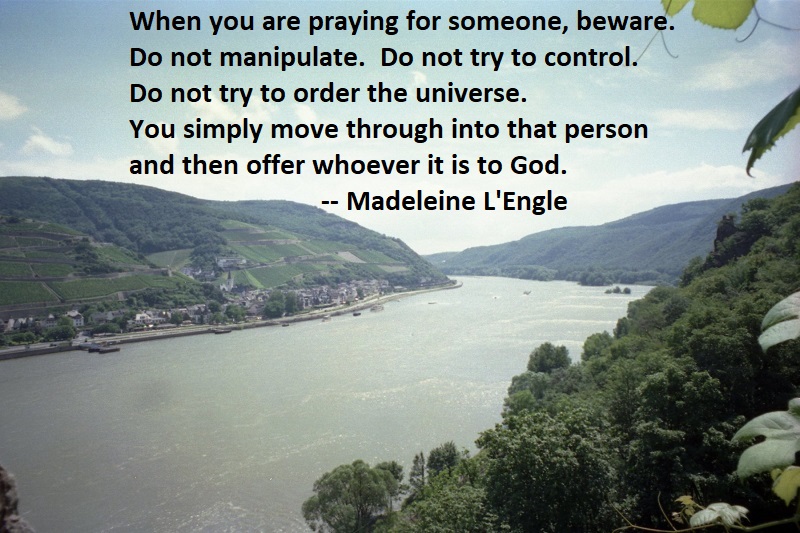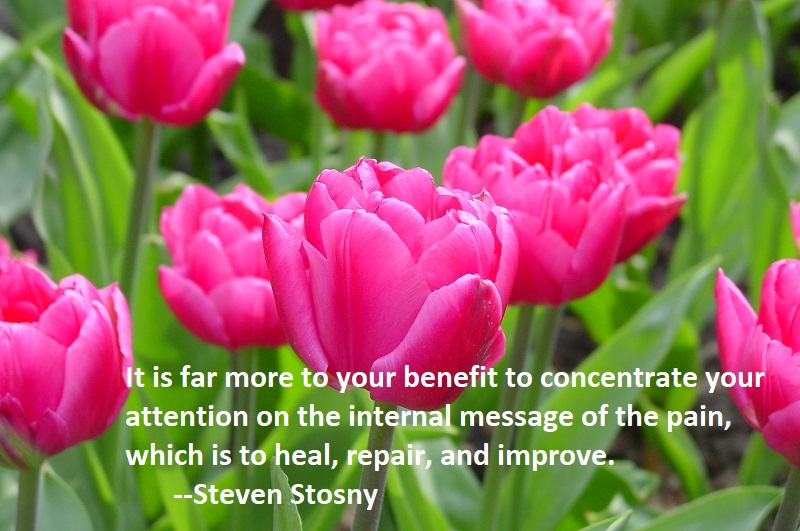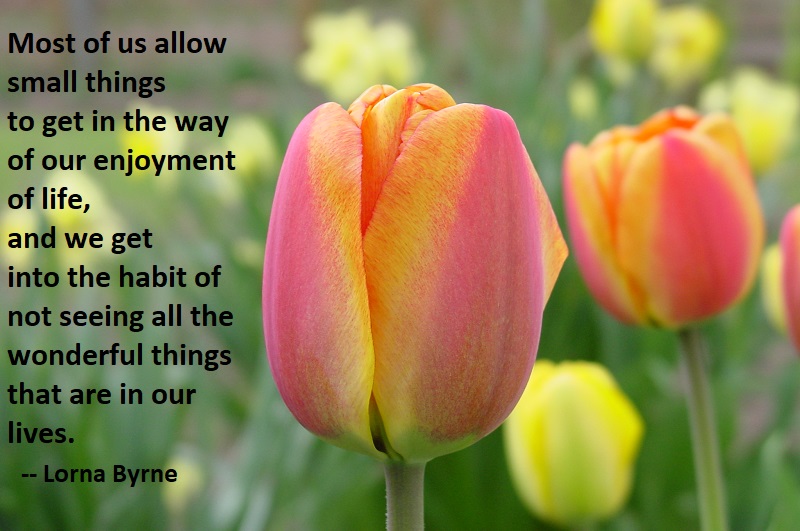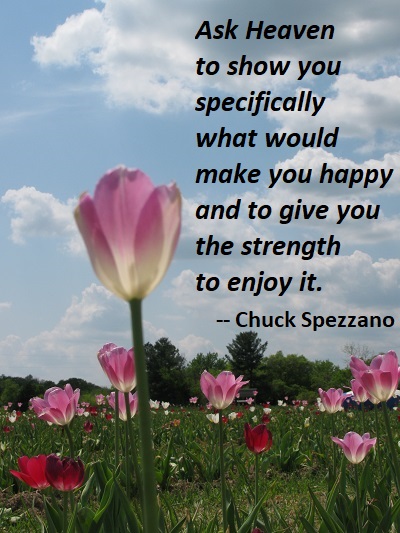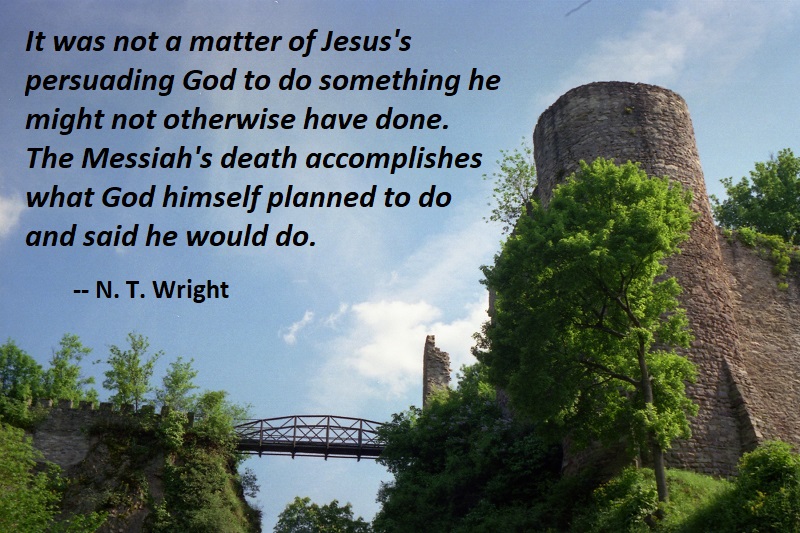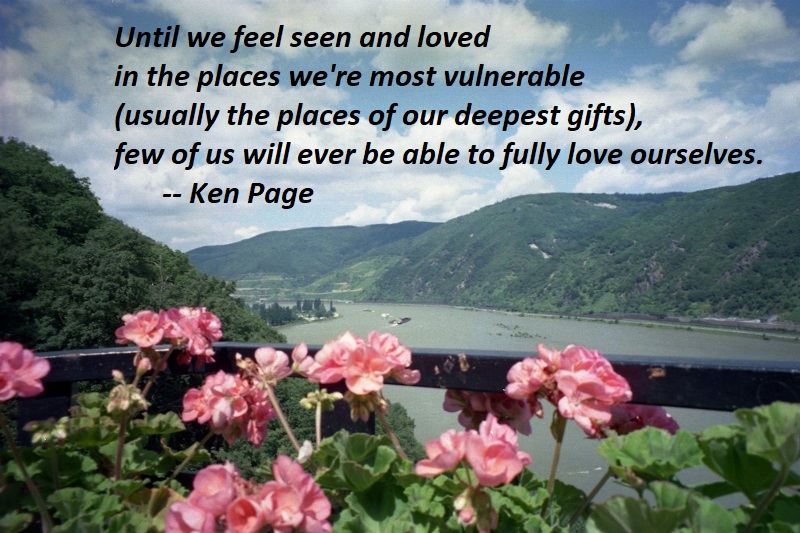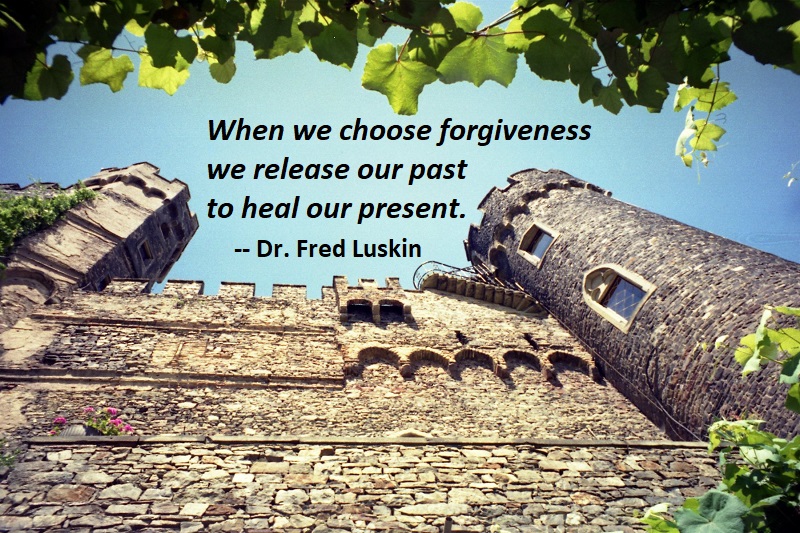Community
My friend Sara says that the really inconvenient thing about being Christian is the fact that God is revealed in other people, and other people are annoying. I understand the impulse of not wanting to be in community. I can’t argue with that. But I think the experience of bumping up against other people has changed me in ways that I never could have been changed if I was just reading books and practicing meditation. We don’t get to be Christians on our own. It’s really inconvenient, and I wish there were a different setup for that. But that’s what we were handed.
— Nadia Bolz-Weber, Accidental Saints, p. 207-208
[Photo: South Riding, Virginia, on the property of Gateway Community Church, April 24, 2016]

